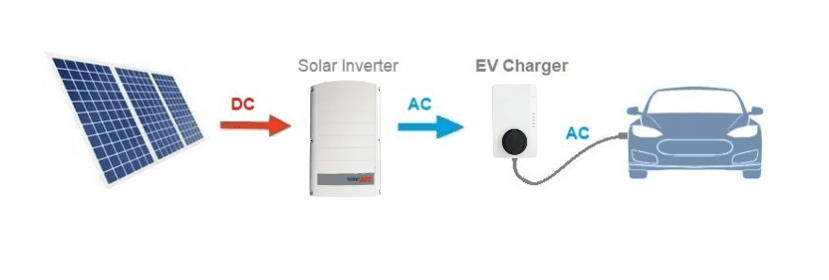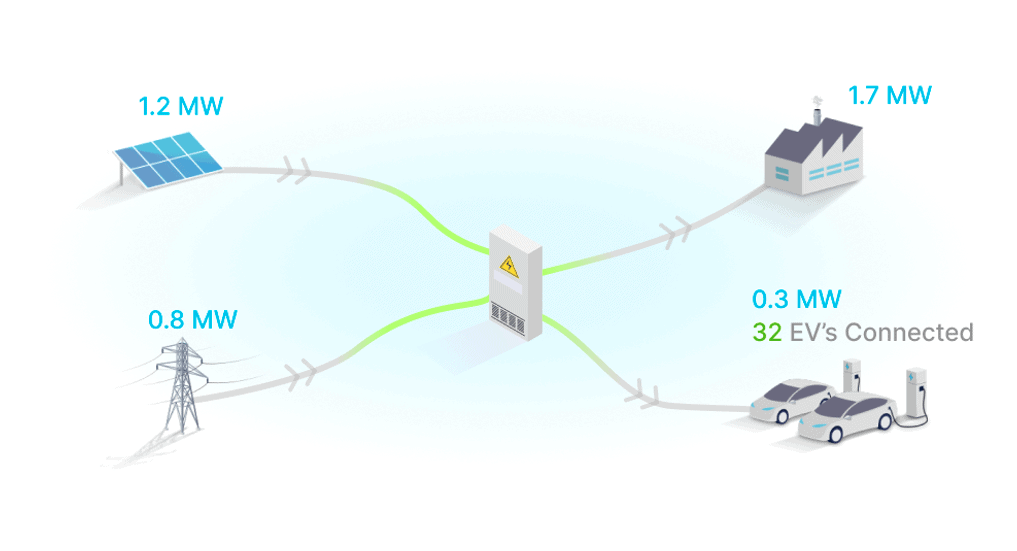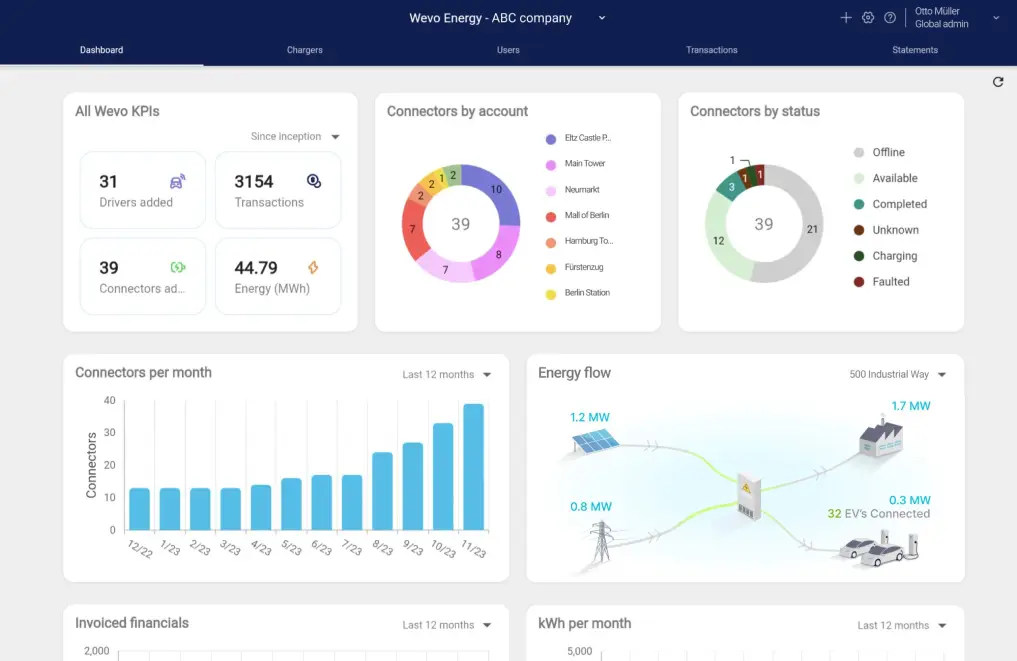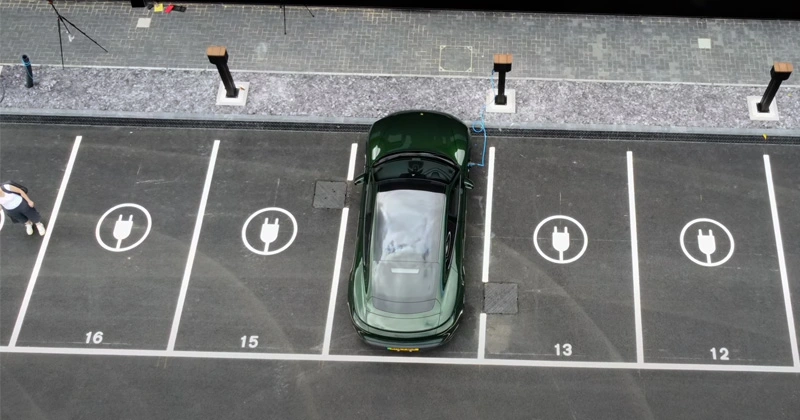What is solar EV charging?
Solar EV charging is the process of powering your car from the sun. Most solar charging systems today are based on AC charging and involve three main components:- Solar Panels – Typically installed on the roof of the building and provide the conversion of solar energy to electricity (DC – Direct Current)
- Inverter – The inverter converts the Direct Current provided by the panels to AC (Alternating Current) that any household appliance can use
- EV Charger – A device that uses AC power to charge your car

Financial benefits
Solar EV charging has significant financial benefits. As solar charging becomes prevalent, https://fightdepressionandanxiety.com/is-depression-real/ more and more locations globally prioritize self-use of generated power by asymmetrically pricing power exports vs. imports. For example, assume that the utility pays 10c/kWh for grid export and charges 40c/kWh for grid imports. Let’s explore two scenarios at a typical workplace:- Without solar charging
08:00 am – Employees arrive at work and plug their cars. Since solar production is still low, cars will charge using grid power (at 40c/kWh).
10:00 am – Solar production is still low. However, most vehicles are already full and do not need any more charge.
02:00 pm – The sun is now high in the sky, and solar production is at its peak. All solar power is exported to the grid (at 10c/kWh) since no cars require any charge.
Average cost per kWh charged: 30c
- With solar EV charging
08:00 am – Employees arrive at work and plug their cars. The system places the cars on pause.
10:00 am – Solar production is starting to ramp. The system optimizes vehicle charging to self-consumption.
02:00 pm – The sun is now high in the sky, and solar production is at its peak. All vehicles are now charging using solar power. Vehicles will be full by 3:00 pm and ready for employees starting to leave work.
Average cost per kWh charged: 10c
Environmental benefits
Solar EV charging also has significant environmental benefits. Charging locally from the sun is the greenest way to charge your car with 100% renewable power, zero emissions, and no transmission and distribution losses. Further, syncing charging with peak solar throughput eliminates exporting to an already congested grid. 2022, for example, saw 4% of German solar power curtailed due to gris saturation. That is enough to power the entire German EV fleet for a full year!Solar Charging for single-family homes
Solar EV charging for single-family homes is quite simple. Most single-family homes have a single inverter, one or two vehicles, and a single EV charger. Solar EV charging can be simply achieved by scheduling the car to start charging at noon. More comprehensive solutions exist from most solar equipment manufacturers:Solar EV Charging for workplace and MDUs
Workplaces and multi-dwelling units (MDUs) are much more complex. These sites typically have complex electrical infrastructure involving multiple electrical panel levels and limitations, varying loads, and multiple vehicles needing charge. Further, some vehicles have different priorities. Delivery vans, for example, must rapidly charge to make their next delivery round. Employee cars can mostly slow charge using locally generated power and be ready by the end of the day. A smart system is needed to plan, optimize, and orchestrate smart charging.
The Wevo Energy solution
Wevo Energy offers cloud-based software that optimizes EV charging for apartment buildings, workplaces, and commercial properties. Our AI-powered platform manages chargers, minimizes grid strain, and cuts electricity costs through smart scheduling and off-peak charging.
Our platform integrates with the inverter to constantly monitor solar production, grid import/export, and the building load. We use machine learning algorithms to predict vehicle charging patterns and to create an optimal charging schedule that maximizes self-consumption.
Drivers and site owners can define prioritized vehicles or drivers that will ‘boost charge’ at the fastest speed possible, ignoring the self-consumption goal.
The Wevo Energy system is hardware-agnostic and will work with any OCPP-certified EV charger.
Contact us to learn more.
https://parco.gov.ba/


